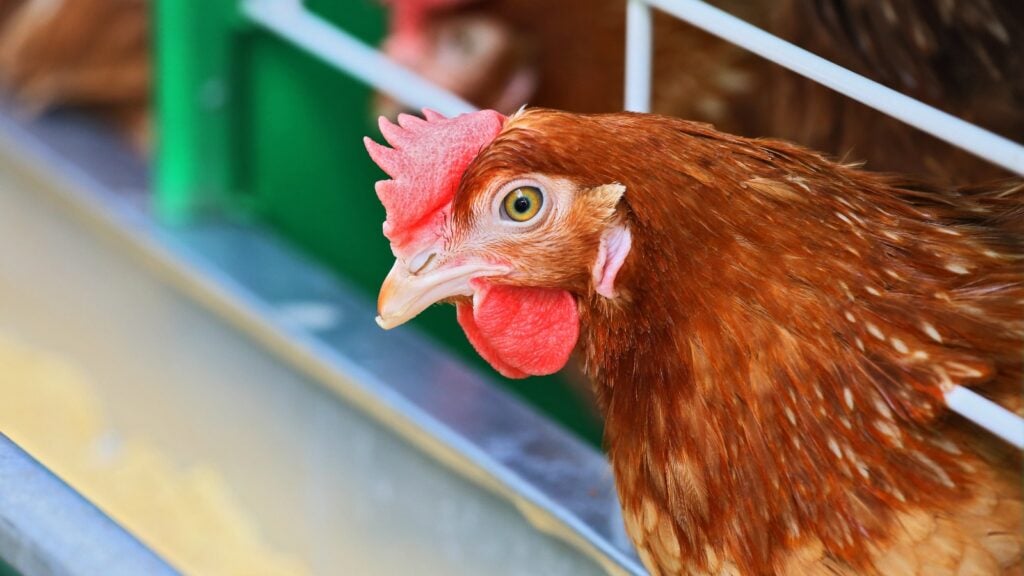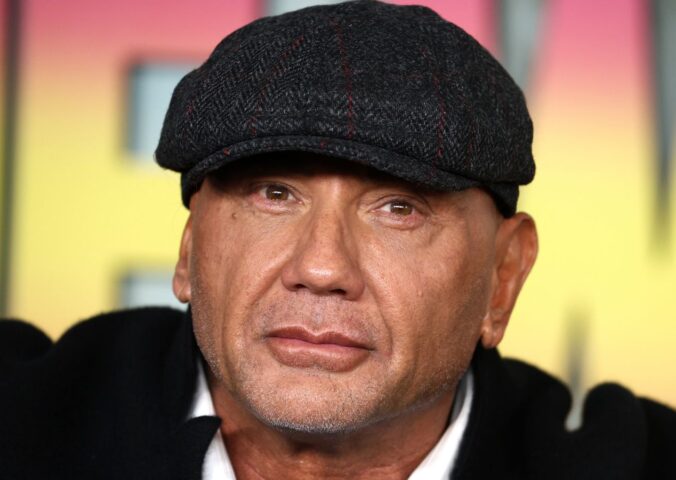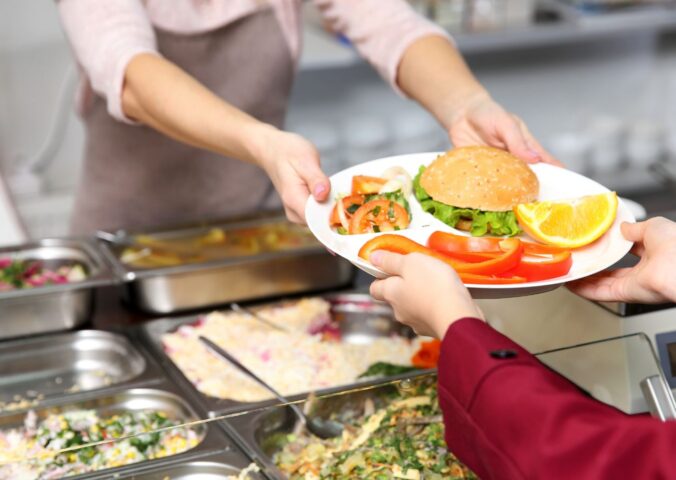The Environment and Animal Society of Taiwan (EAST) is pressuring McDonald’s Taiwan to cease the use of caged eggs. Instead, it should switch to cage-free alternatives.
In concert with other members of the Open Wing Alliance—an initiative by The Humane League—EAST held a protest in front of the McDonald’s by Sun Yat-Sen Memorial last month. It continues to lobby for the cessation of battery cages in Taiwan.
Despite advances in sustainable initiatives elsewhere, such as the use of reusable cups and the elimination of plastic straws per local legislation, McDonald’s has yet to eliminate this cruel practice from its supply chains in Taiwan and the rest of Asia.
“McDonald’s came dead last in our ranking of fast-food chains last year. [This demonstrates] the company increasingly stands alone in its failure to address this critical animal welfare issue,” said Fang Chu Chune, a researcher at EAST.
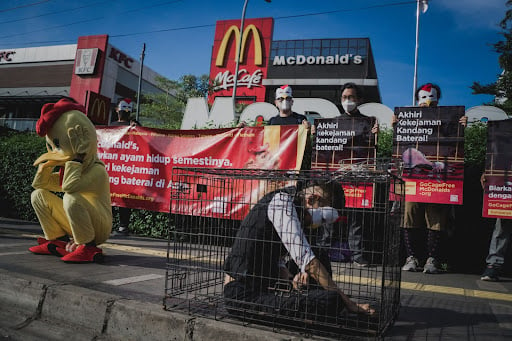
This local action is part of a region-wide effort to improve the welfare of egg-laying hens across Asia.
Partner organizations include Planet For All in Hong Kong, Animal Friends Jogja in Indonesia, and the Korean Animal Welfare Association.
SPCA Selangor in Malaysia, Animal Kingdom Foundation in the Philippines, Sinergia Animal in Thailand & Indonesia, and a volunteer-led coalition in Vietnam are also partners.
There are also partners in Japan negotiating directly with McDonald’s Japan. They have abstained from protest actions due to the difference in the cultural and political climate.
Egg-laying hens confined to battery cages endure immense physical and psychological duress, unable to express their natural behaviors. Often, they live in cages about the size of an A4 piece of paper for their entire lives. When their egg production drops, they are slaughtered well before the end of their natural lifespan.
Increased Consumer Demand for Sustainability Regionally and Locally
According to an EAST representative, typically companies decide their purchasing specifications and producers will meet the commitment. This is why it is important for brands such as McDonald’s to announce their intention to go cage-free.
“We need to go where the market is going,” said Billy Hickman, VP at Hickman Family Farms, according to a Reuters release in 2015 when McDonald’s US made the transition to cage-free.
Consumer data also supports the move to cage-free. Bain & Company, for example, recently published a survey of 16,000 consumers in Asia-Pacific. They ranked health, quality, and ‘good for the planet’ as the top purchasing criteria. Most consumers were willing to pay more for sustainable products.
A similar EY survey of 5,500 consumers from January was entitled “How to win Asia-Pacific consumers in the new era.” It found that 82 percent of consumers in the Asia-Pacific region agree that companies must be transparent about their environmental impact.
Taiwanese consumers ‘care about the eggs they buy’
There are similar trends in the Taiwanese market. Carrefour has already partnered with EAST to transition to completely cage-free eggs by 2025. Its 2019 survey notes: “Nearly 80 percent of Taiwanese consumers care about the production system of the eggs they buy. Almost nine in ten are concerned about antibiotics use, antibiotic residues, and unhygienic rearing environments.”
While it is common to see animal welfare practices pushed in the West, Asia is often left out of the conversation or slower to adapt.
The following companies all have cage-free commitments that apply to Asia: KFC, Pizza Hut, Taco Bell, Burger King, Tim Hortons, Pizza Express, Shake Shack, Krispy Kreme, and Panda Express. The ChickenWatch website lists a number of companies with cage-free policies.
Organizations such as Sinergia Animal work specifically in the Global South. This is to ensure developing countries are not left behind.
In Taiwan, 30 percent of packaged eggs sold by retailers surveyed by EAST were cage-free. Industry-wide, an estimated 15 percent of eggs sold in Taiwan are cage-free.
Cost is often cited as a barrier to healthier and more humane options. However, according to EAST’s survey on the price variance of cage-free eggs stocked by retailers in Taiwan, 55 percent of cage-free egg products are within 10 percent of the average egg price.
When comparing cage-free prices with conventional (cage) prices, 38 percent of cage-free eggs surveyed would fall within 10 percent of the average cage egg price.
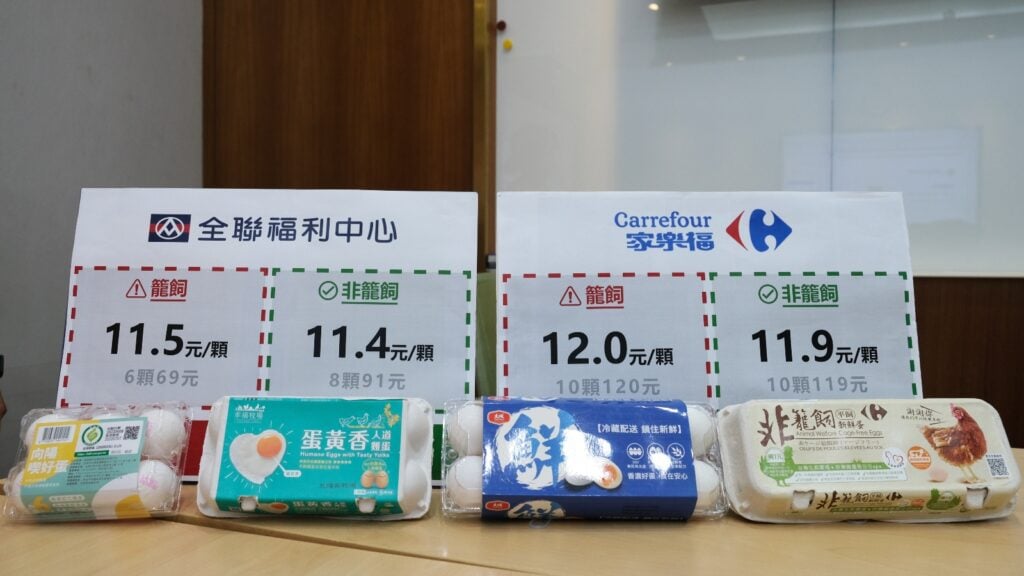
Empty Promises
In its 2022 shareholder statement, McDonald’s claimed the company is using its “size and global reach” to improve the welfare of animals in its supply chain. It even claims its “ability to serve safe, quality food comes from animals that are cared for properly.”
McDonald’s received an F grade for implementation in the latest Business Benchmark on Farm Animal Welfare report. It has dropped two tiers in the ranking since 2017.
In contrast to its cage-free policies in the United States, Canada, Latin America, South Africa, and other markets, the company has failed to respond to calls to extend its commitment to Asian markets.
“McDonald’s boasts about using its global reach to improve animal welfare. But it continues to discriminate against Asian consumers through its sourcing decisions,” said Chune
EAST encourages citizens to sign the petition at GoCageFreeMcDonalds.org, which is specifically for the Asia market. The website features information about the campaign in seven languages. These include Bahasa Indonesia, Bahasa Melayu, Vietnamese, Thai, Korean, Japanese, and Traditional Chinese.
